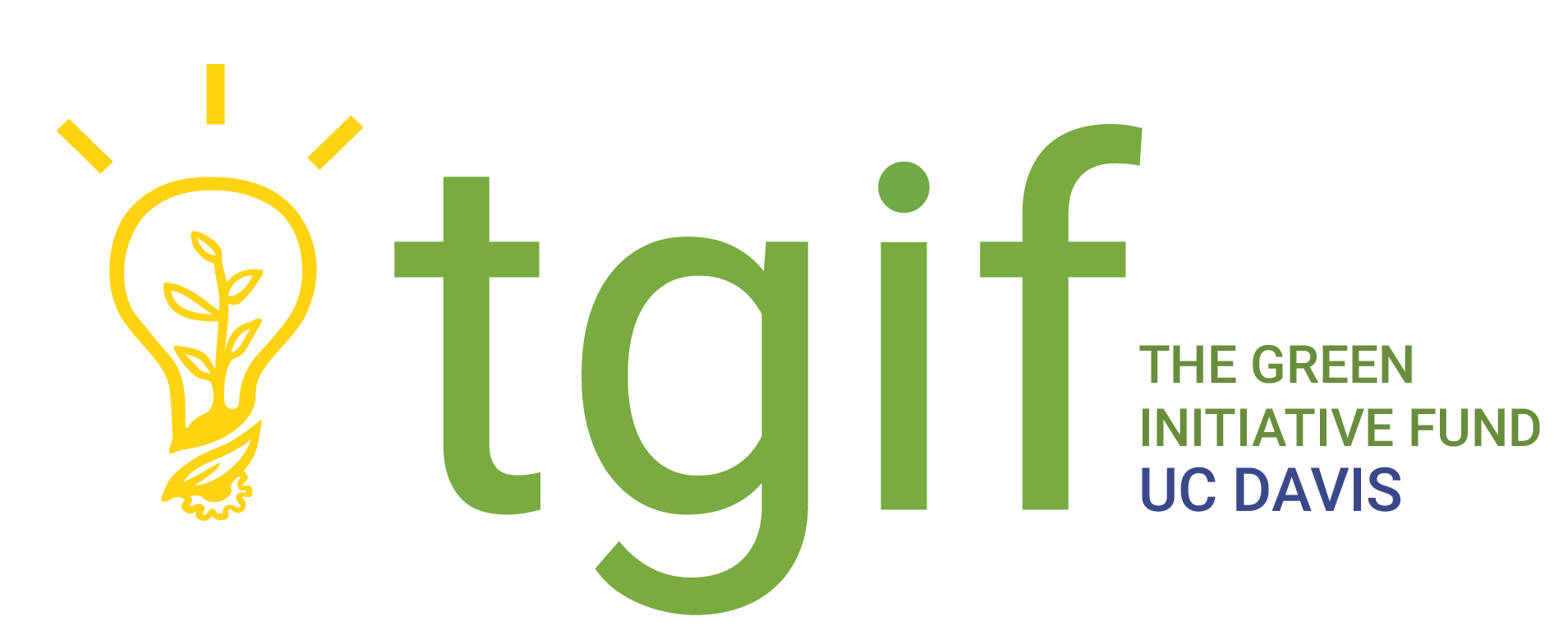Developing Your Proposal
General Instructions
Main Grant Application:
- Total amount requested must be between $1,000-$20,000.
- Applications must be sent as a PDF and named in the following filename format: TGIF Grant Application - 2 word title [Quarter] [Year] (Example: TGIF Grant Application - Cool Name Fall 2025).
- Your application must be submitted to TGIF@ucdavis.edu by the fall, winter or spring deadline as listed.
Mini Grant Application:
- Total amount requested must be less than $1,000.
- Applications must be sent as a PDF and named in the following filename format: TGIF Mini Grant Application - 2 word title [Quarter] [Year] (Example: TGIF Mini Grant Application - Cool Name Fall 2025).
- Applications are accepted throughout the academic year until April and must be submitted to TGIF@ucdavis.edu.
- Mini Grants must be completed by the end of the academic year.
Identifying your Department Account Manager:
The TGIF proposal application requires that you name and acquire a signature from a UC Davis account manager. This individual will be the entity that holds your grant funds and administers financial transactions, student intern hires, facilitates invoices & reimbursements, etc. This individual must be UC Davis Staff; not a faculty member. Lack of an appropriate account manager may disqualify proposals.
When identifying an Account Manager, share with them our Account Manager Responsibilities pdf so they understand what will be expected of them. We recommend you review your budget with your Account Manager prior to submitting your proposal.
Need help identifying an account manager? The best place to start looking for an account manager is the department or major that you are currently affiliated with. Different majors and departments have different titles for account managers. However, some common titles include "Financial Services Analyst" or "Business Operations Manager". Please attend Grant Advising Office Hours if you need additional support.
